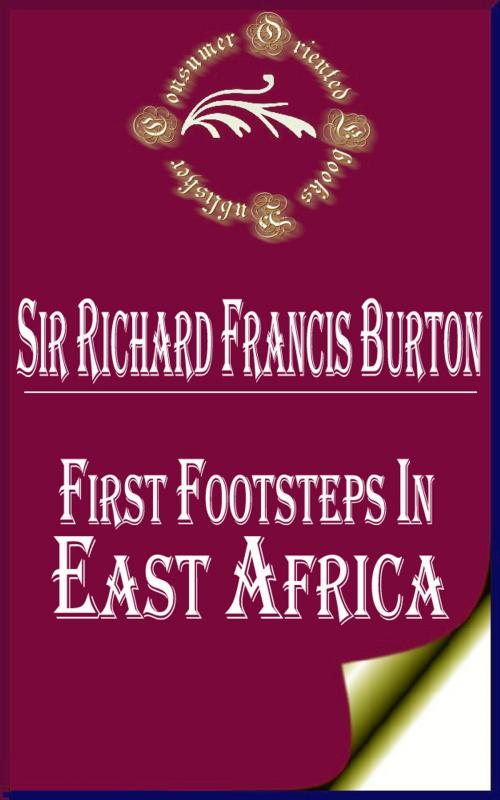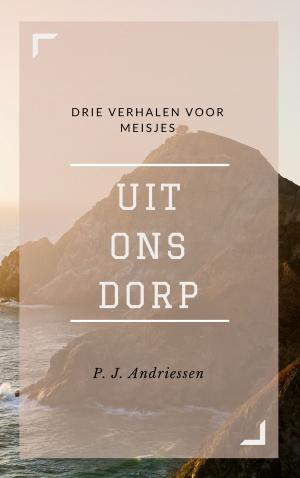First Footsteps in East Africa
An Exploration of Harar
Nonfiction, Travel, Africa, History, Adventure & Literary Travel| Author: | Sir Richard Francis Burton | ISBN: | 1230000325059 |
| Publisher: | Consumer Oriented Ebooks Publisher | Publication: | March 28, 2015 |
| Imprint: | Language: | English |
| Author: | Sir Richard Francis Burton |
| ISBN: | 1230000325059 |
| Publisher: | Consumer Oriented Ebooks Publisher |
| Publication: | March 28, 2015 |
| Imprint: | |
| Language: | English |
Averse to writing, as well as to reading, diffuse Prolegomena, the author
finds himself compelled to relate, at some length, the circumstances which
led to the subject of these pages.
In May 1849, the late Vice-Admiral Sir Charles Malcolm, formerly
Superintendent of the Indian Navy, in conjunction with Mr. William John
Hamilton, then President of the Royal Geographical Society of Great
Britain, solicited the permission of the Court of Directors of the
Honorable East India Company to ascertain the productive resources of the
unknown Somali Country in East Africa. [1] The answer returned, was to the
following effect:--
"If a fit and proper person volunteer to travel in the Somali Country, he
goes as a private traveller, the Government giving no more protection to
him than they would to an individual totally unconnected with the service.
They will allow the officer who obtains permission to go, during his
absence on the expedition to retain all the pay and allowances he may be
enjoying when leave was granted: they will supply him with all the
instruments required, afford him a passage going and returning, and pay
the actual expenses of the journey."
The project lay dormant until March 1850, when Sir Charles Malcolm and
Captain Smyth, President of the Royal Geographical Society of Great
Britain, waited upon the chairman of the Court of Directors of the
Honorable East India Company. He informed them that if they would draw up
a statement of what was required, and specify how it could be carried into
effect, the document should be forwarded to the Governor-General of India,
with a recommendation that, should no objection arise, either from expense
or other causes, a fit person should be permitted to explore the Somali
Country.
Averse to writing, as well as to reading, diffuse Prolegomena, the author
finds himself compelled to relate, at some length, the circumstances which
led to the subject of these pages.
In May 1849, the late Vice-Admiral Sir Charles Malcolm, formerly
Superintendent of the Indian Navy, in conjunction with Mr. William John
Hamilton, then President of the Royal Geographical Society of Great
Britain, solicited the permission of the Court of Directors of the
Honorable East India Company to ascertain the productive resources of the
unknown Somali Country in East Africa. [1] The answer returned, was to the
following effect:--
"If a fit and proper person volunteer to travel in the Somali Country, he
goes as a private traveller, the Government giving no more protection to
him than they would to an individual totally unconnected with the service.
They will allow the officer who obtains permission to go, during his
absence on the expedition to retain all the pay and allowances he may be
enjoying when leave was granted: they will supply him with all the
instruments required, afford him a passage going and returning, and pay
the actual expenses of the journey."
The project lay dormant until March 1850, when Sir Charles Malcolm and
Captain Smyth, President of the Royal Geographical Society of Great
Britain, waited upon the chairman of the Court of Directors of the
Honorable East India Company. He informed them that if they would draw up
a statement of what was required, and specify how it could be carried into
effect, the document should be forwarded to the Governor-General of India,
with a recommendation that, should no objection arise, either from expense
or other causes, a fit person should be permitted to explore the Somali
Country.















